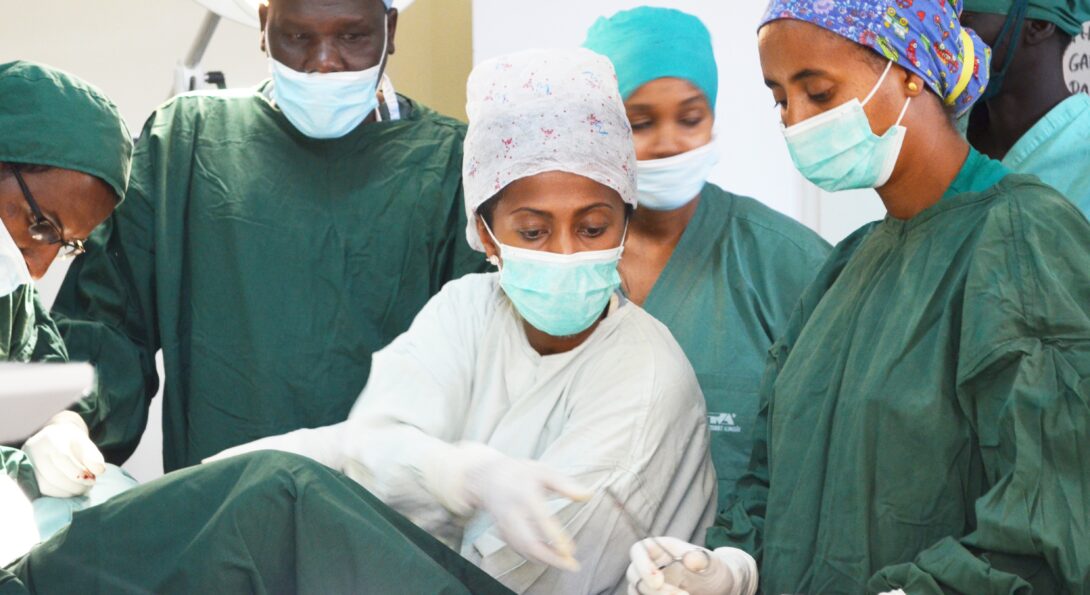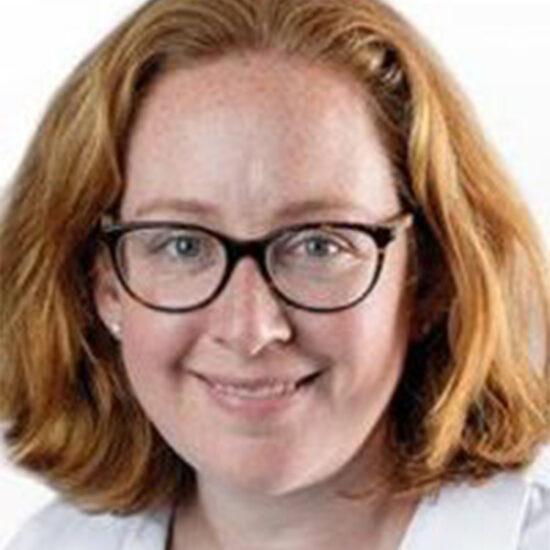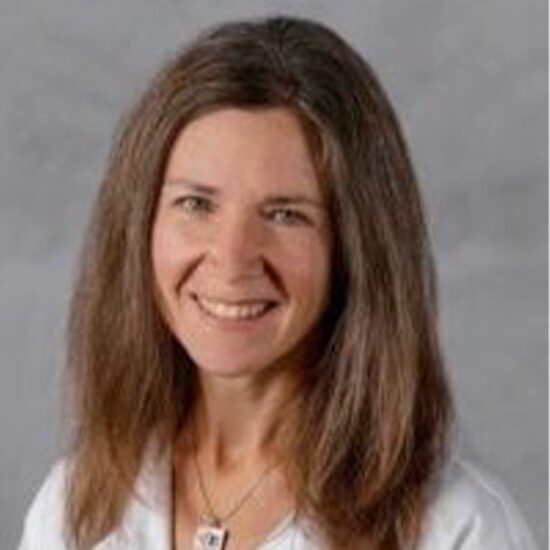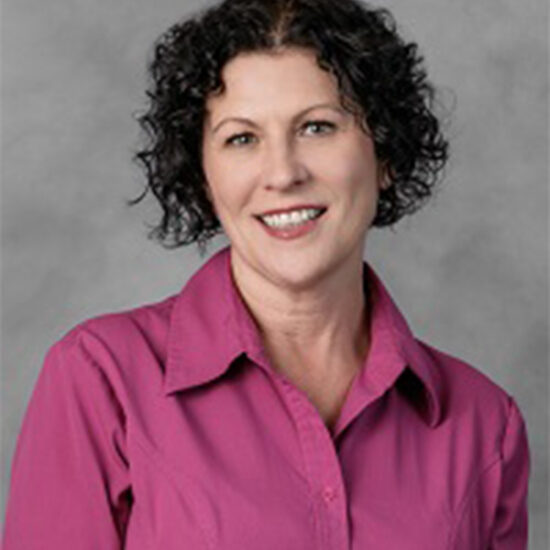Graduate Global Health Program

Global Health Program Heading link
CGH has developed a formal multi-disciplinary competency-based global health program that contains two tracks: Global Health Advocates and Global Health Scholars.
- Global Health Advocates are invited to participate in the global health educational curriculum and approved international field experiences.
- Global Health Scholars complete a global health educational curriculum and a scholarly project, receive dedicated mentorship, and are eligible to apply for project funding.
These tracks supplement individual specialty-specific residency program tracks, allowing for individualized program-level innovation and implementation. The goal of this program is to support the training of future global health leaders by fostering opportunities to build skills in sustainable and ethical global health practice in an inter-disciplinary framework.
Core values for the Graduate Global Health Program
UIC is a center of excellence in global health dedicated to accountability and critical thinking. We, as a community of global citizens, adhere to the principle of health as a human right. The UIC Center for Global Health builds partnerships around the world to improve health for all through community-centered approaches that strengthen health systems, build capacity, and promote innovative research.
Curriculum Heading link
Through a formal curriculum derived from global health competencies identified by the CUGH, residents, fellows and early career faculty will build a foundation of knowledge in global and public health. Participants will learn to conduct ethical global health research and partnership and gain exposure to ethical and cultural aspects of global health program-building. Didactic sessions are offered on a rotating basis over 2 years so that the curriculum can be completed by participants over 2-3 years. Prior global health experience is not required for participation. Participants must be in good standing with their respective departments and training programs.
An overview of the curriculum is shown below. Heading link
| Global Health Advocates | Global Health Scholars | |
|---|---|---|
| Target Audience |
|
|
| Participation |
|
|
| Certificate Requirements |
|
|
Program Calendar and Admission Process Heading link
Participants must submit a completed application by 8/1/24.
Requirement and Schedule Heading link
Journal Clubs
- Biannual- October, March
- Journal clubs will be convened biannually and will be presented by global scholars. Presenters will work with CGH faculty to select articles that cover topics relevant to global health but are not specialty specific, such as program implementation, current events in global health, and program evaluation.
UIC Global Health Colloquium Series
- First Wednesday at noon of every month (Sept-May)
- CGH hosts a monthly global health series (September to May) in collaboration with the UIC College of Nursing and School of Public Health. These sessions feature guest speakers from a variety of disciplines who share expertise across various aspects of global health practice, including program implementation, capacity building, and clinical programs. Attending these sessions allows participants to meet and learn from a variety of experts in global health.
GH Seminar Sessions
- September, December, February, April.
- Quarterly seminar sessions will be held that incorporate didactics with hands-on application.
- Eight 2-hour seminar sessions are offered on a quarterly basis over 2 years. A minimum of 6 of these seminars (2 research and 4 others) must be completed by those enrolled in the Global Scholars track by the time they complete the program. A minimum of 4 seminars must be completed by those on the Global Advocates track.
- Seminar topics are listed below. Topics 1-4 will be covered in year 1; topics 5-8 will be covered in year 2. These will be held in a zoom format for this upcoming year; sessions will be recorded and be made available to learners who are unable to attend at the scheduled time.
- The burden of disease and the impact of globalization on health
- Establishing effective community-based partnerships and building capacity
- Addressing human rights and vulnerable populations
- Integrating qualitative and quantitative research
- Exploring the impact of racism and colonialism on global health
- Evaluating and monitoring programs
- Responding to humanitarian disasters
- Writing effective grants and proposals
Experiential Learning
- Scheduled on case by case basis. Requires approval from department and from CGH.
- Learners will participate in local or international learning experiences. The length of the experience will vary based on program allowances. Learners should work with their departmental GH contact and CGH to identify potential elective times and sites. All field elective proposals must be submitted to learner’s department and CGH for approval.
Mentorship and Scholarly Project
- Ongoing, but required GH mentor report form completed twice a year
- Participants in the GH Scholars track will be matched with mentors through CGH based on project availability, interests, and educational goals. CGH mentors will work closely with participants to identify and develop an academic project in global health. GH Scholars will complete and submit a scholarly product, such as a manuscript, abstract, or project proposal, by the end of the program. Though mentor meetings will be ongoing, GH Scholars must submit a short mentor reporting form biannually.
Scholarly product for Global Scholars (abstract, manuscript, program proposal, etc.)
- Due May of graduating year of residency/fellowship.
- Due May of year expecting certificate for early career faculty.


